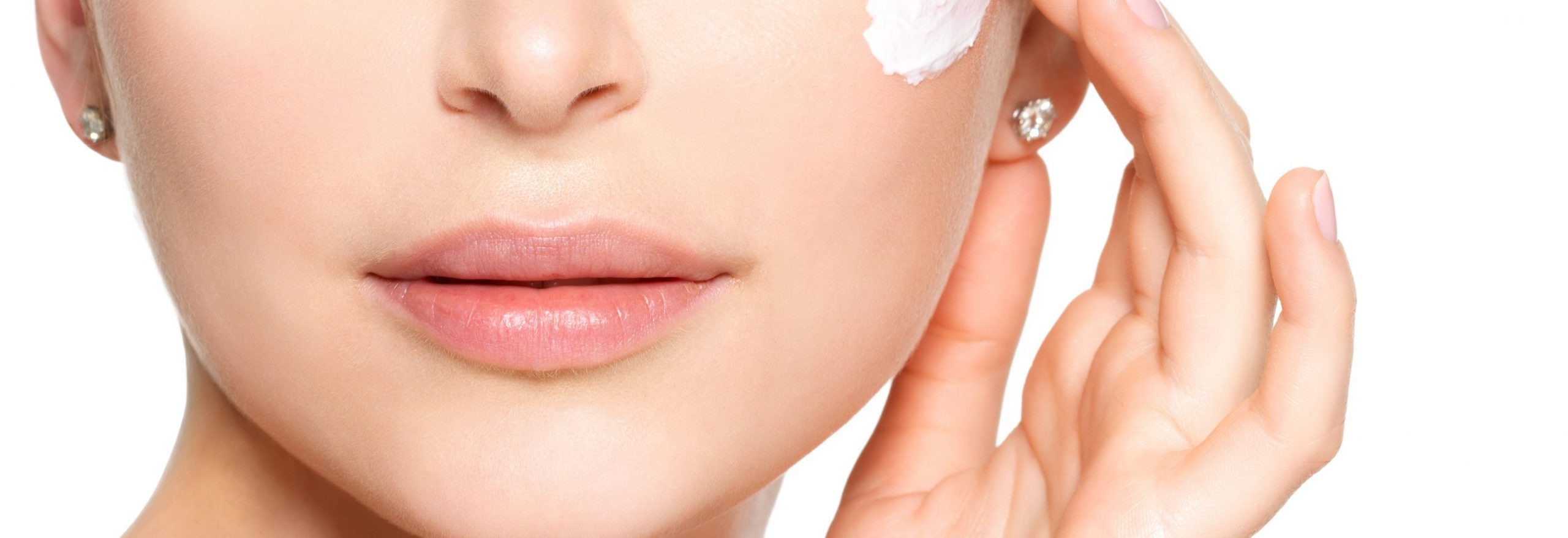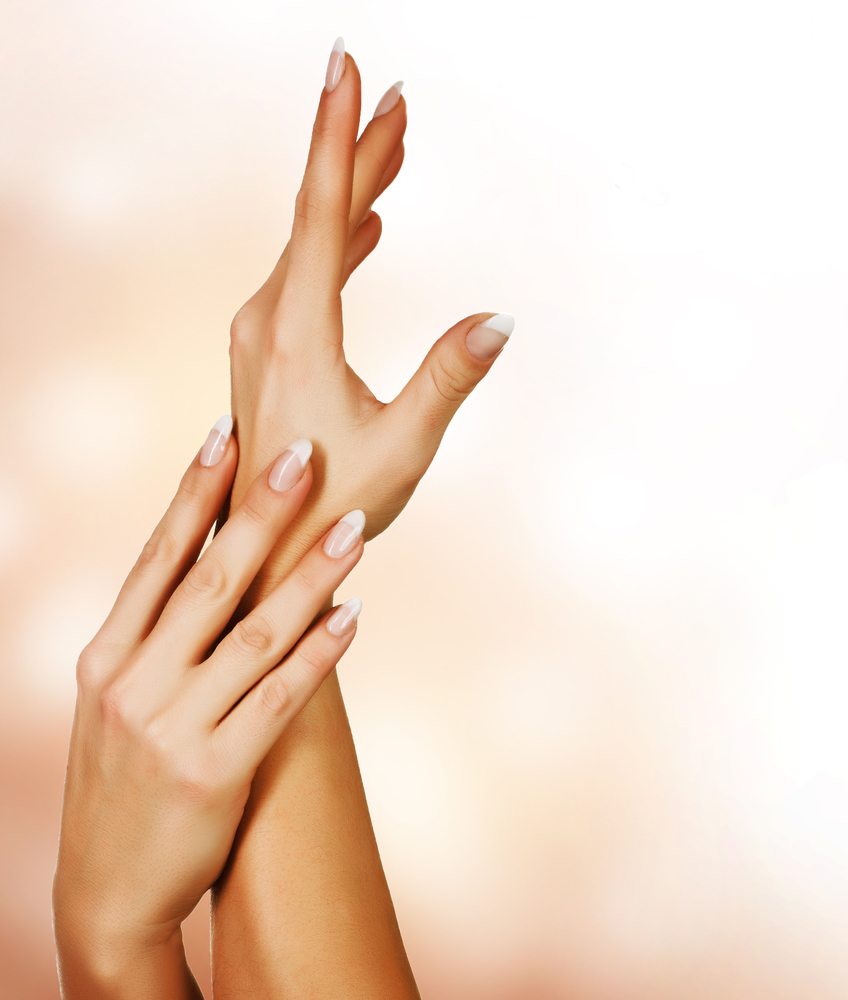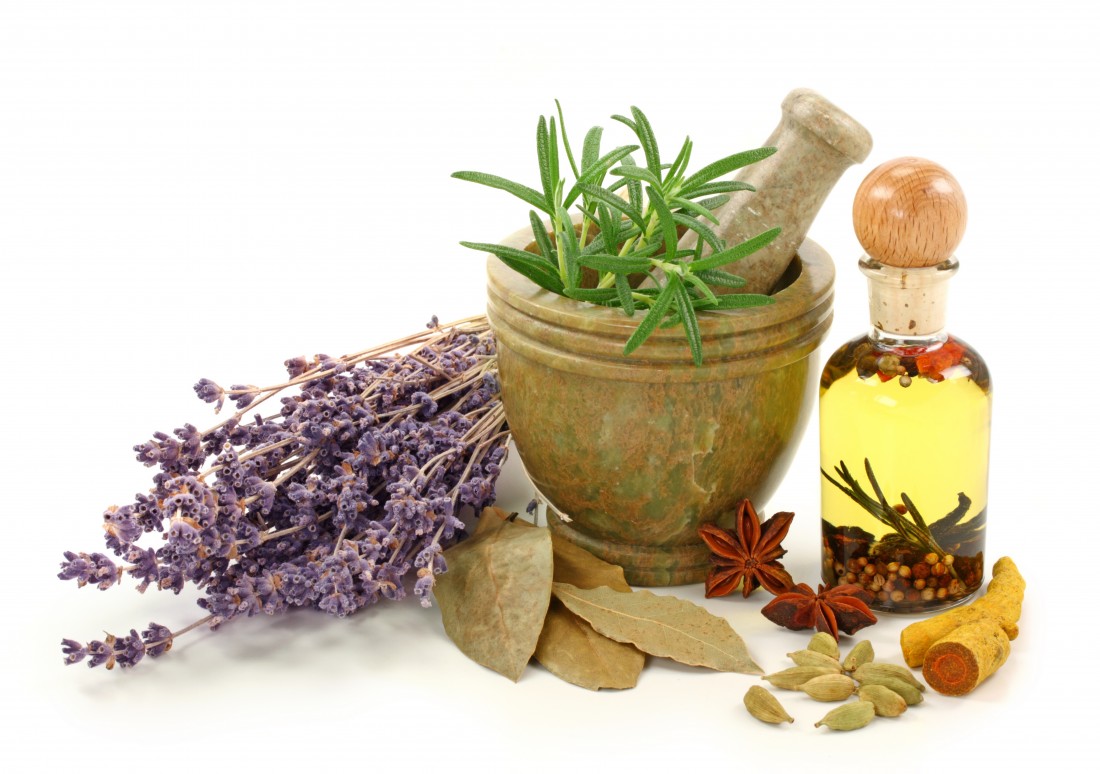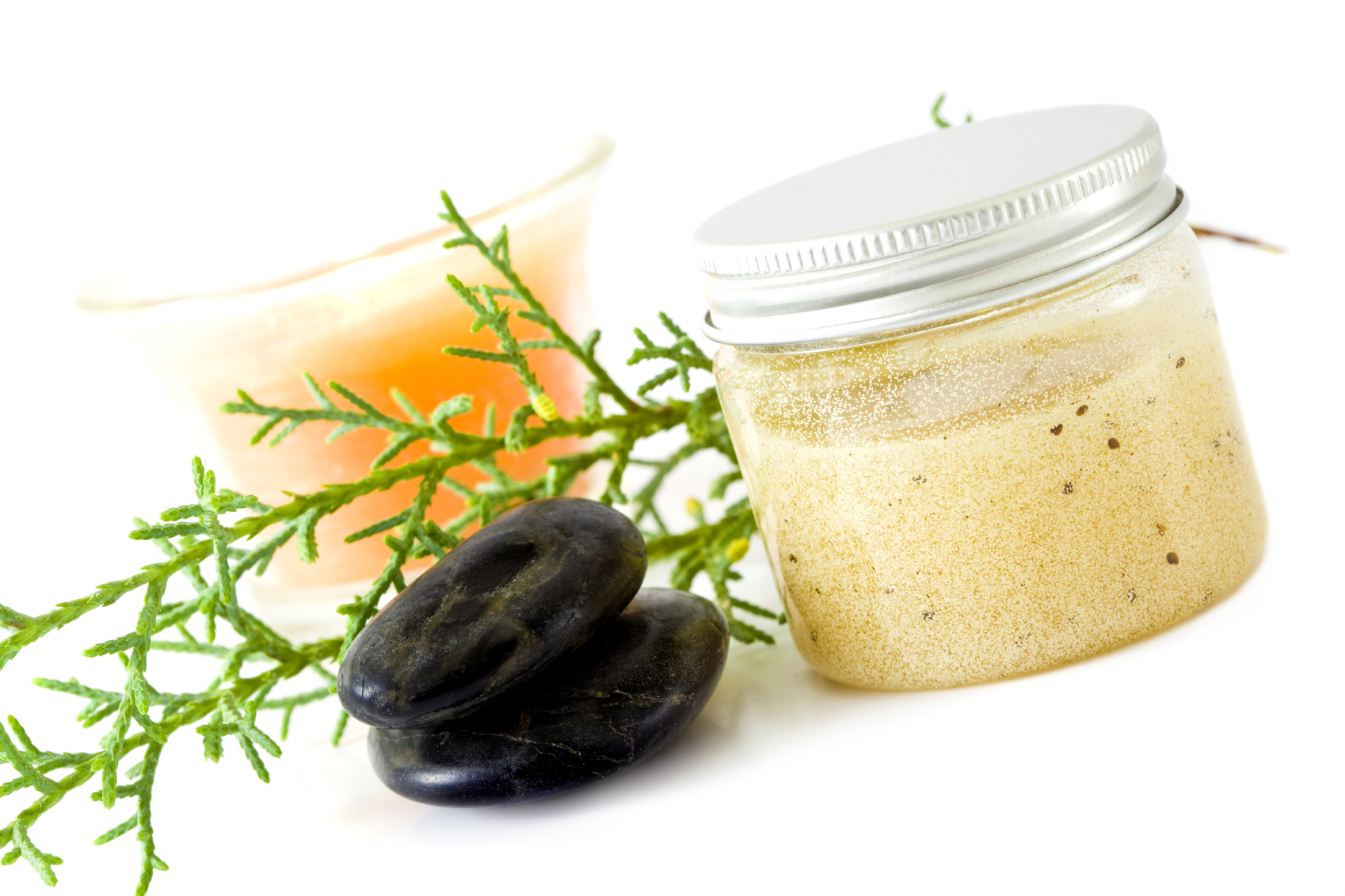The natural emollient market is hot and expected to grow at around 10% per year through 2019 due to the growing consumer awareness of synthetic chemicals and the desire to use natural ingredients and products.

Natural based emollients are important ingredients used in personal care formulations to impart a smooth, soft, moisturized feel to skin and hair. The emollients I will discuss are those materials that have not been chemically modified in any way. All natural based emollients are either animal or vegetable derived and can be classified as oils or butters depending on their consistency.

Unrefined materials are normally complex mixtures of hydrocarbons, triglycerides, esters, and alcohols depending on the type of processing used. Plant-based emollients are normally extracted using cold-pressing of the ground fruit, leaves, seed, or nut paste with or without the use of solvents. Pressure is then used to extract the oil. Cold pressing is preferred to warm since it helps prevent oxidation of heat sensitive polyunsaturated components.
Important ingredients found in most vegetable based oils include the unsaponifiables, which include tocopherols, sterols, carotenoids, hydrocarbons, alcohols, and triterpenoids. Highly refined oils typically have <1% unsaponifiables, making unrefined materials often a better choice in formulations. Animal-derived emollients are normally extracted from either animal hair or fat and are less frequently used.
A word of caution: Highly unsaturated oils containing linoleic and linolenic (omega 3 and 6) fatty acids are highly prone to oxidation and extremely difficult to stabilize. The peroxides formed can also be very reactive with other formulation ingredients and irritating.
Commonly used plant-derived emollients:
- Castor oil (ricinus communis seed oil) from Acme Hardesty Co. is obtained by pressing the seeds of the castor oil plant and is one of the most important seed oils produced globally with over 3000 claimed uses. Castor oil is a very stable, pure, triglyceride which contains over 90% ricinoleic acid. Castor oil is most frequently used in lipsticks due to its excellent pigment dispersing, shine, and lubricating properties. It is also one of the most polar of all natural-based emollients currently sold.
- Squalane is a very popular hydrocarbon-based skin emollient used in skin care products. It was originally extracted from shark liver oil but currently is derived from olive oil (Oleaclear Olive Squalane by Tri-K Ind.). Squalane has been shown clinically to reduce TEWL, increase cell turnover, and significantly reduce fine lines and wrinkles.

- Jojoba oil (DW Jojoba Golden (Simmondsia Chinensis Seed Oil) from Vantage Specialty Chemicals) is a stable, liquid wax ester produced from a shrub native to southern Arizona, southern California, and northwestern Mexico. The oil makes up approximately 50% of the Jojoba seed by weight. Jojoba oil has an excellent skin feel and is quickly absorbed into skin.
- Cocoa butter (Cocoa Butter (Natural, Theobroma Cacao Seed Butter) by Jedwards International) is obtained from whole cocoa beans, which are fermented, roasted, and then separated from their hulls. About 54–58% of the residue is cocoa butter. Cocoa butter has a MP ~28-34C.
- Shea butter (Bulk Shea Nut Butter (Butyrospermum Parkii Butter) from Jedwards International) is an unrefined grade obtained from the kernels of the shea tree. The unrefined grades are preferred for most applications since they have the highest concentration of unsaponifiables (6-17%). Shea butter has an MP of ~28-34C.
- Argan oil (Lipovol Argan by Vantage Specialty Ingredients) contains over 80% unsaturated fatty acids of which around 33% are omega-6, also contains a high concentration of tocopherols.
Animal-derived emollients
- Lanolin (Medilan by Croda) is extracted from the sheep wool grease and composed mainly of sterols, sterol esters, and hydroxyl acid esters. It has a long history of use in skin and lip products as a moisturizer and lubricant. Lanolin has been shown to be as effective as petrolatum in dry skin studies.
Bioactive emollients with proven clinical efficacy
- Soline (Helianthus Annuus (Sunflower) Seed Oil Unsaponifiables from Expanscience) has been shown to strengthen skin barrier function by stimulating epidermal lipid synthesis and reduce skin dryness, roughness and desquamation.
- Avocadin HU25 (Persea Gratissima (Avocado) Oil (and) Phytosterols (and) Olea Europaea (Olive) Fruit Oil by Croda) has been shown to help repair skin barrier function.
- NG Shea Unsaponifiable (Butyrospermum Parkii (Shea) Butter Unsaponifiables from Sederma) claims to help repair damaged lip skin and reduce irritation.
- Lanolin (Medilan by Croda)

Trendy new exotic emollients
- Fancor Abyssinian oil (Crambe Abyssinian Oil from Elementis Specialties) has similar hair conditioning properties as Argan oil.
- Bulk chia seed oil (Salvia Hispanica Seed Oil from Jedwards International).
- Tamanu oil (Calophyllum Tacamahaca Seed Oil from Concentrated Aloe Corporation).

